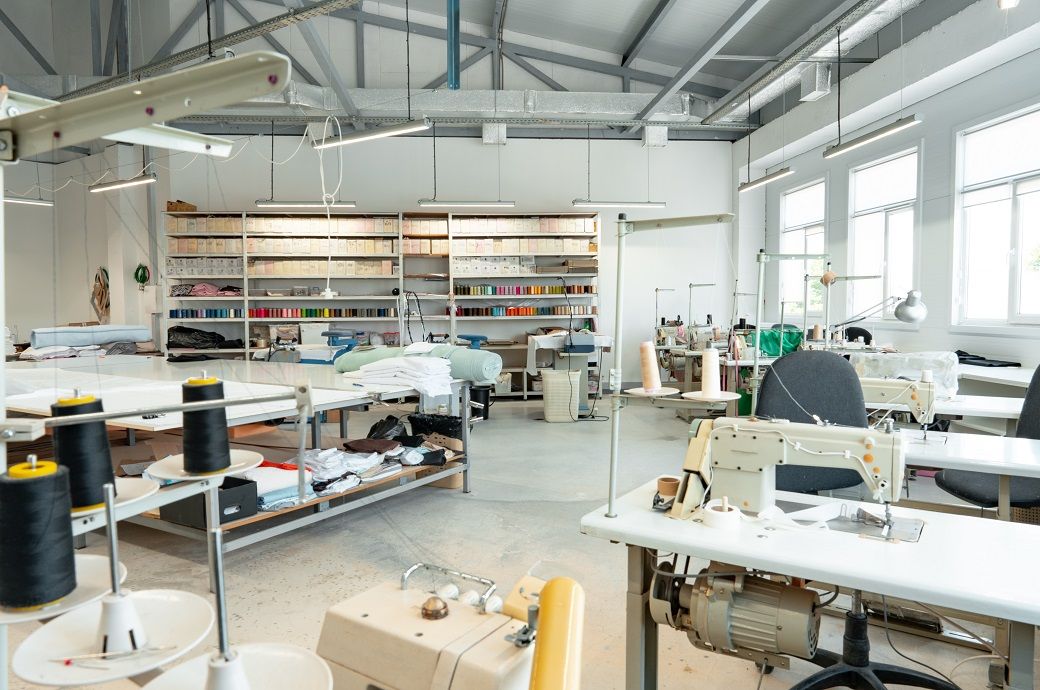
With the industry facing significant global market turbulence, Brussels-based EURATEX and Danish Fashion & Textile (DM&T) are jointly urging the EU to restore regulatory clarity to protect the bloc’s *.* million jobs and ***,*** textile businesses.
“In these uncertain times, we need the EU as a stabilising factor,” said Thomas Klausen, CEO of DM&T.
Receive daily prices and market insights straight to your inbox. Subscribe to AlchemPro Weekly!